SUSPENDED SOLIDS
The ORAKEL Suspended Solids senor has a large dynamic range, which eliminates the need for a “zero” and also eliminates the effect of background light. For multiple measuring ranges, the suspended solids sensor can monitor turbidity and suspended solids from 2 NTU (1mg/l) to 8%* solids.
Description
The sensor uses lifetime optical technology to provide a stable, reliable low-maintenance sensor with no moving parts and no consumables. It determines the suspended solids concentration, or turbidity in the water using a measurement of the back scattered light.
Each sensor is fitted with an infra-red LED emitter light source and two matched photodiodes detectors for making the measurements. It has two detectors, positioned at different distances from the light source. This allows the sensor to be used over a wide range of suspended solids concentrations.
The detectors are positioned to detect back scattered light (light that is scattered by <90°). By measuring back scattered light, the sensor can be used to detect low and high concentrations of solids. The ORAKEL controller takes readings at four different light levels. It uses the gradient between the readings to produce the sensor output. This means it gives a more accurate measurement of suspended solids and turbidity.
MOUNTING
The sensor can be mounted on the end of a pole for dip mounting in the channel or tank, or inserted into a pipe via a valve which allows for retraction and removal of the sensor without shutting down the process.
CLEANING
The sensor is fitted with a cleaning nozzle to keep it clean. This can be used to clean the optical windows with a jet of water. The procedure can be programmed to be automated at predefined intervals.
CALIBRATION
Calibration for turbidity measurements or measurements of samples with low concentrations of solids is very easy only requiring a single calibration sample. This sample can either be a reading from another method or a suitable standard.
The ORAKEL control unit calibrates the sensor by reducing the light output through four stages, taking measurements at each. This process provides an accurate and reliable zero and span without the requirement to use a ‘0’ NTU/solids sample.
Calibration of the sensor for measurement of samples with high concentration of solids uses a multipoint procedure. Up to 5 calibration points can be used to give accurate performance across a wide range of sample concentrations.
Additional information
| Weight | 5 kg |
|---|---|
| Dimensions | 30 × 100 × 100 cm |

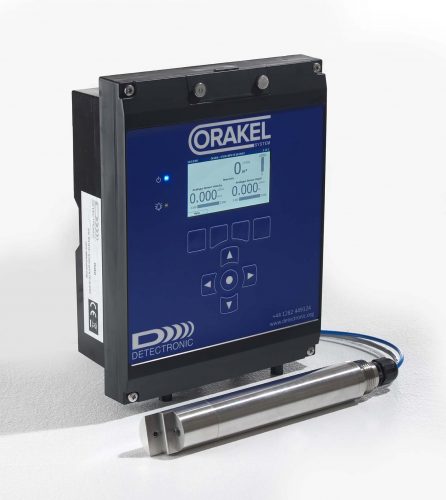
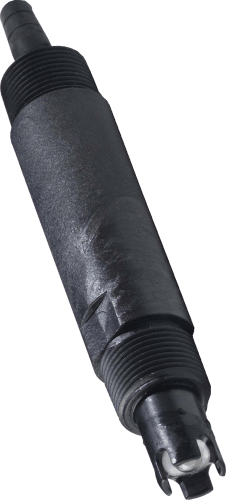
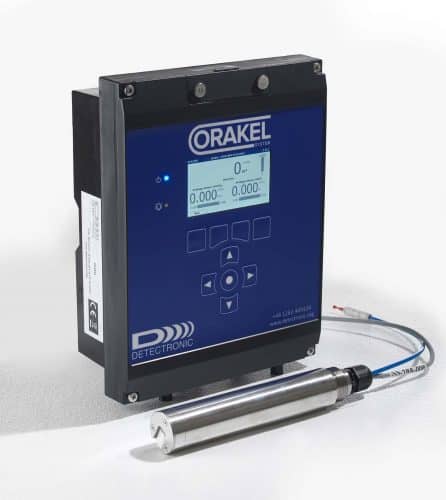
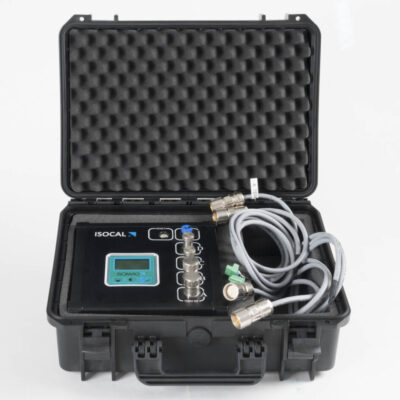
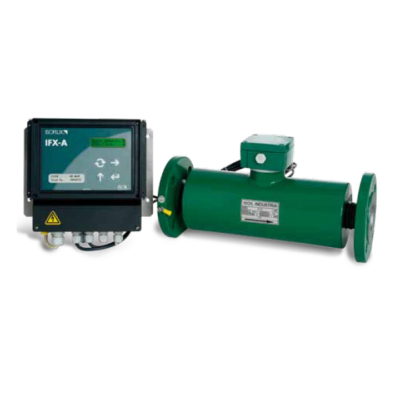
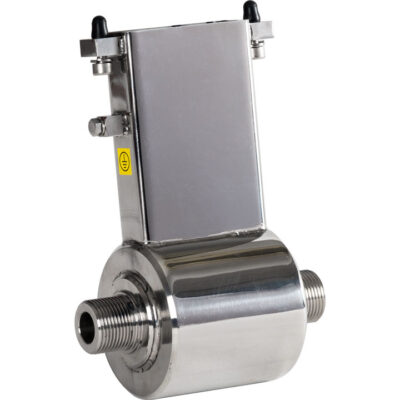

Reviews
There are no reviews yet.